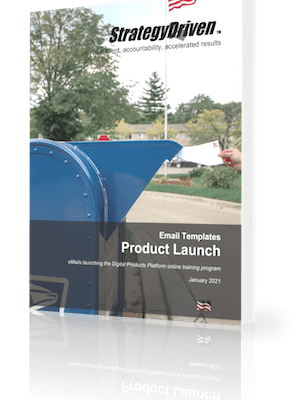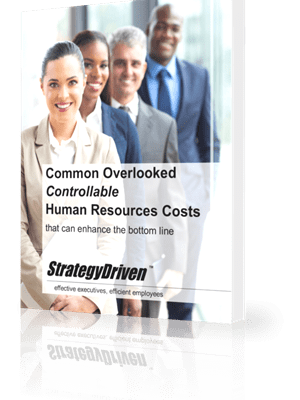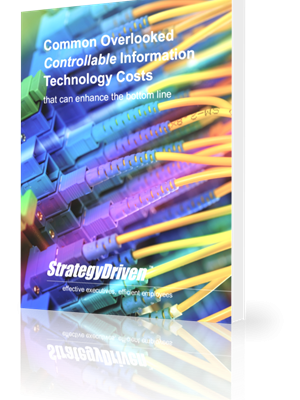What Every Entrepreneur Should Know About Personal Finance

Ever build a great idea only to realize you’re unsure how to handle the money behind it? You’re not alone. Many entrepreneurs focus on growth and goals but overlook their own finances until things get messy.
Without a clear plan, the line between business and personal spending blurs fast — and the risks get bigger. In today’s unpredictable economy, knowing how to manage your money isn’t a bonus — it’s essential.
In this blog, we will share what every entrepreneur needs to understand about managing their own money, and why mastering personal finance might be the most important move you make.
Why Knowing Your Numbers Matters — On Both Sides of the Ledger
Running a business doesn’t mean you automatically know how to manage your own finances. In fact, some of the most passionate founders overlook the basics. They know their customer lifetime value, but not their credit score. They can pitch a VC in under 90 seconds, but forget to plan for taxes.
This disconnect is common — and risky. Because when your business hits a rough patch, your personal finances often take the hit. You skip paychecks. Dip into savings. Put groceries on credit. And suddenly, your big idea is dragging down your personal stability.
This is why understanding personal finance needs to be a top priority for entrepreneurs. Knowing how to build a budget, manage debt, and plan for the future isn’t just “adulting.” It’s strategy. It’s your backup plan when sales are slow. It’s the reason you’ll still be okay if a deal falls through or a supplier goes dark.
Many business owners are now realizing that getting more formal training in this area makes a difference. For example, an online MBA in Accounting gives entrepreneurs a deeper understanding of financial systems—not just in theory, but in practice. It teaches how to track cash flow, manage taxes, and evaluate risk. More importantly, programs like these are designed with flexibility in mind. You don’t need to stop running your business to learn how to run it better.
An online program can fit into your existing schedule, letting you learn while you grow. And it’s not just about understanding spreadsheets. It’s about building confidence. When you know how money works, you make sharper decisions. You’re more prepared. And you stop leaving important parts of your financial life up to guesswork.
Separating You from Your Business — At Least Financially
One of the biggest mistakes new entrepreneurs make is blurring the line between personal and business money. It starts small — maybe you pay for office supplies with your personal debit card. Then you use business income to cover a personal bill “just this once.” Before long, there’s no clear line at all.
And that’s a problem. Because the more tangled your finances are, the harder it is to make smart choices. You don’t know what your business is really earning. You don’t know if you’re saving enough for taxes. You don’t know what’s safe to spend — or what’s already spent without you realizing it.
Setting up separate accounts and sticking to a clear budget for both your business and your life isn’t about control. It’s about clarity. It’s about being able to sit down at any moment and know where you stand.
Planning for Success — and Preparing for the Mess
Here’s a hard truth: not every business makes it. Even the best ideas can stall. The market shifts. A new competitor shows up. Or life simply throws you a curveball. If your personal finances aren’t strong, your recovery gets a lot harder.
That’s why financial planning for entrepreneurs shouldn’t just be about dreaming big — it should include thinking ahead. That means having an emergency fund that isn’t tied to your business. That means understanding insurance — not just for your company, but for yourself. That means knowing what your exit plan looks like, even if you don’t want to think about quitting.
When personal and business finances are both strong, you can take smarter risks. You can grow without fear. You can invest in people, tools, and opportunities with more confidence because your foundation is solid.
Planning isn’t about assuming failure. It’s about giving yourself options. And every entrepreneur needs options.
Investing in Yourself While Building for Others
Entrepreneurs often pour everything into their businesses — time, energy, money, and heart. But in doing so, they sometimes forget to invest in themselves. Not just their health or well-being, but their long-term financial growth.
Think about retirement. If you’re not contributing to a plan because “the business will take care of that one day,” you’re making a big bet. And bets don’t always pay off.
Good personal finance management includes long-term goals. Setting up retirement contributions. Diversifying your income. Learning when to say no to a deal that might stretch your finances too thin.
The Bottom Line: Freedom Comes From Control
Most people become entrepreneurs because they want freedom. Freedom from bosses, schedules, or ceilings on income. But the truth is, you can’t have real freedom if your money is a mess.
Personal finance gives you control. It gives you room to grow. It gives you peace of mind, even when the business gets bumpy.
No one’s asking you to be a financial genius overnight. But knowing the basics — budgeting, saving, separating your funds, and planning ahead — can make the difference between thriving and burning out.
And if you want to go deeper, get support. Learn from experts. Take a course. Explore programs that teach you the ins and outs of finance from a business owner’s perspective. Because the sooner you take control of your personal finances, the more freedom you’ll have to chase your big idea — without losing your footing.












Leave a Reply
Want to join the discussion?Feel free to contribute!